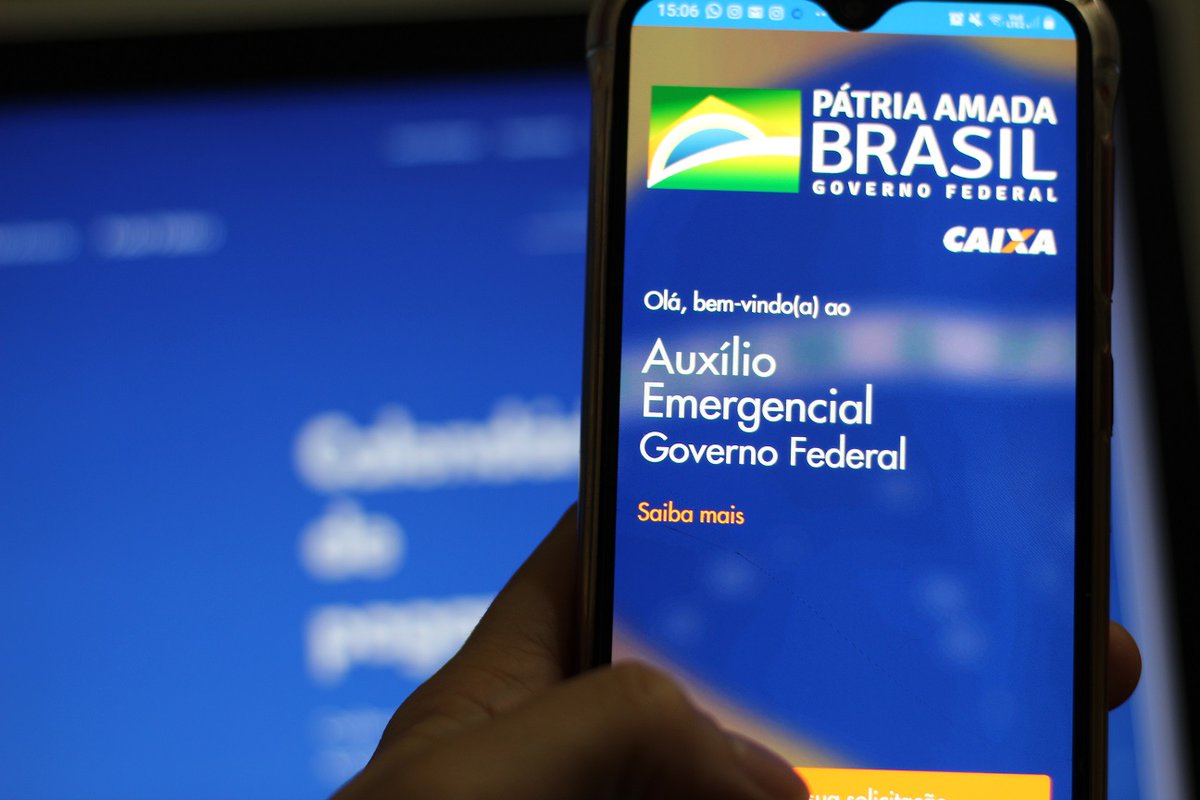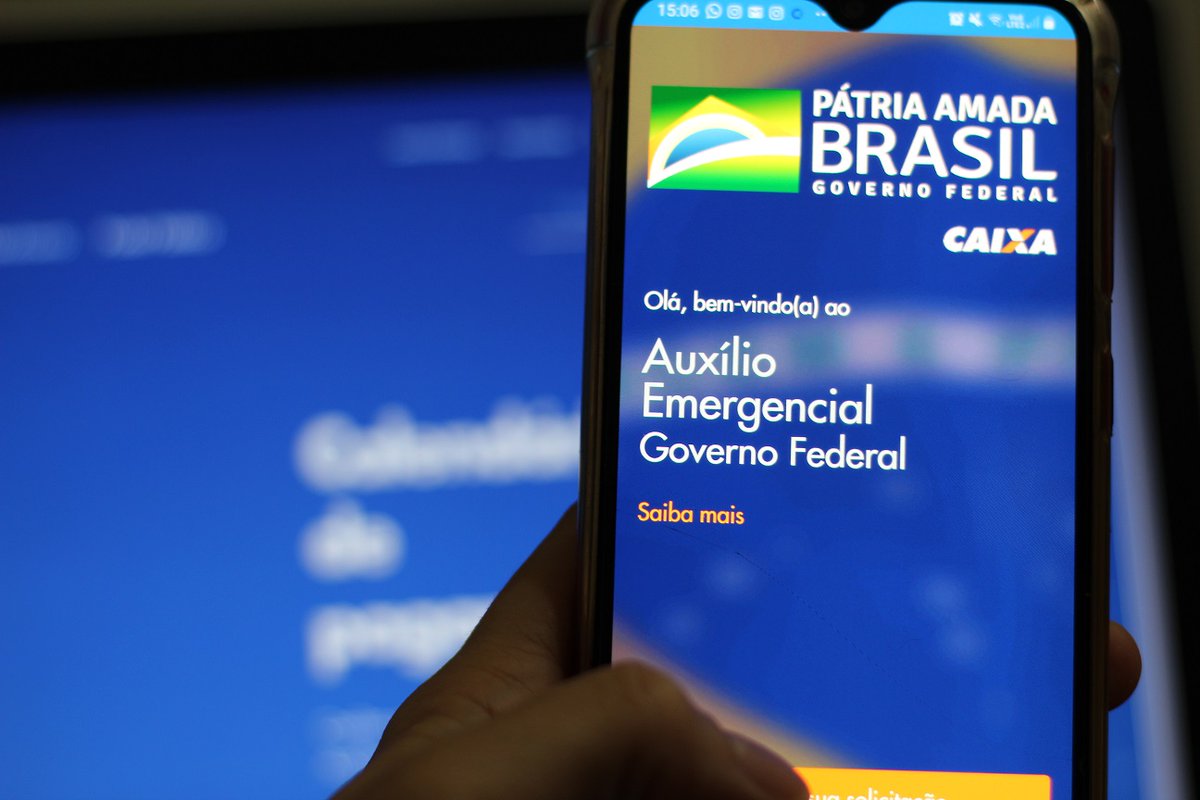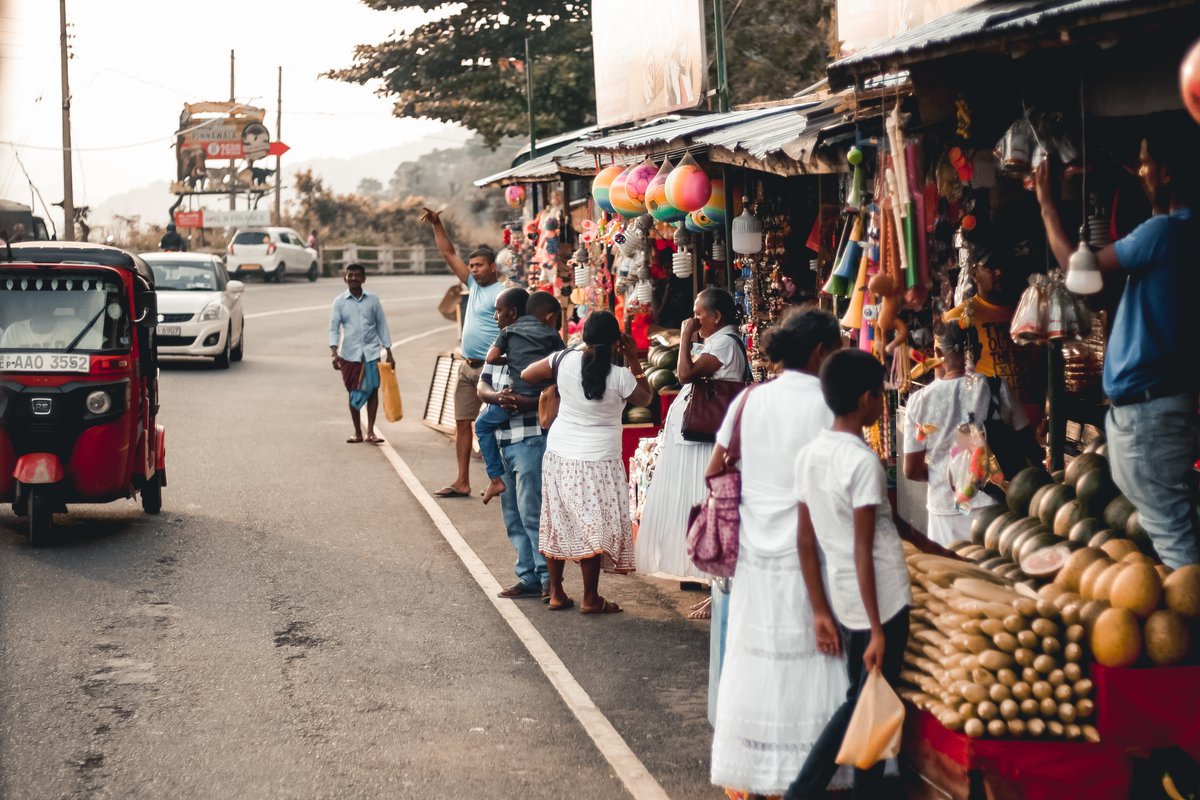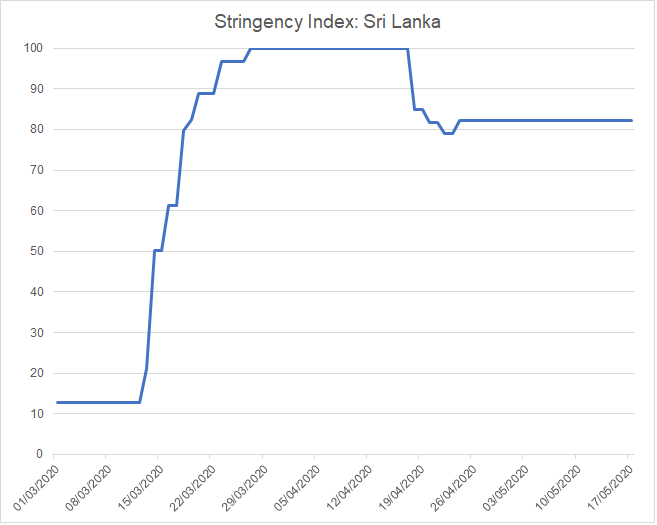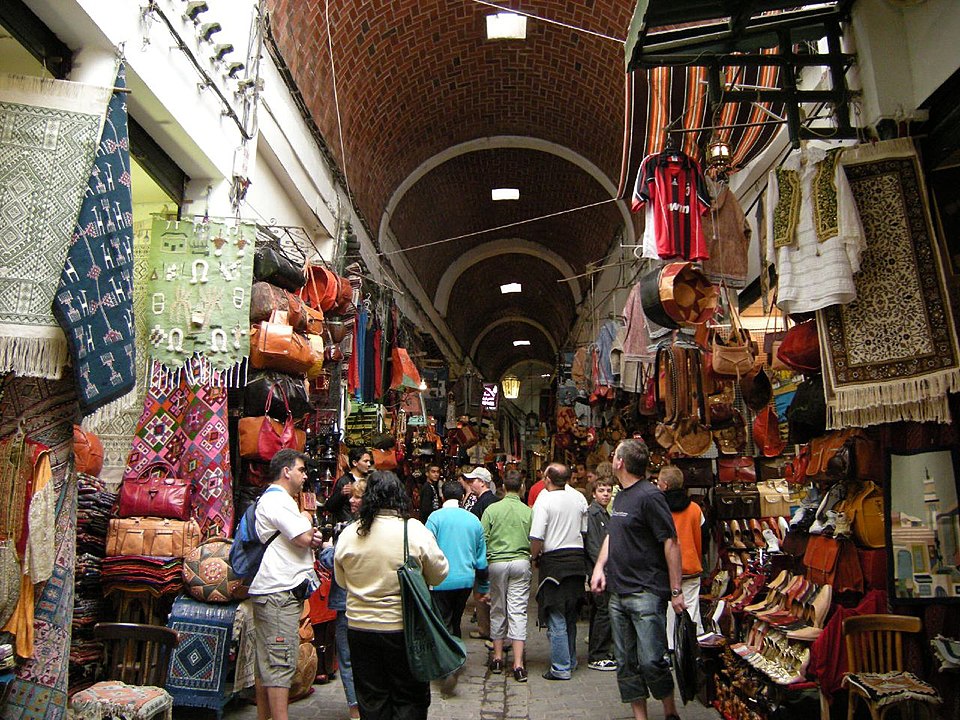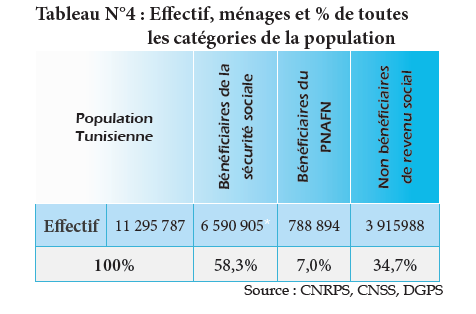
1/ Acknowledging the critical role of #SocialProtection (SP) in preventing people from falling into poverty & food insecurity as a consequence of the #COVID19 crisis, countries in the #MENA region have implemented a variety of SP measures. 

2/ The Regional UN Issue-Based Coalition on Social Protection (IBC-SP), which includes @iloarabstates, @UNDPArabStates, @UNICEFmena & @UNESCWA, along w/ other #UN agencies, partnered with the @IPC_IG to take stock of the first phase of responses. See bit.ly/30ZNfML.
3/ Certain groups in #MENA are particularly vulnerable: about 2/3 of the pop. work in the #InformalSector, with limited access to SP. #Refugees and #IDPs face overcrowded living conditions and insufficient WASH and health services, many are dependent on UN agencies for SP.
4/ Over half of the 195 Gov. and UN measures mapped were related to #InKind or #CashTransfers (CTs). Most countries also employed other instruments to support HHs, such as decreasing or waiving utility bills or rent payments, as well as providing zero/low interest #loans. 
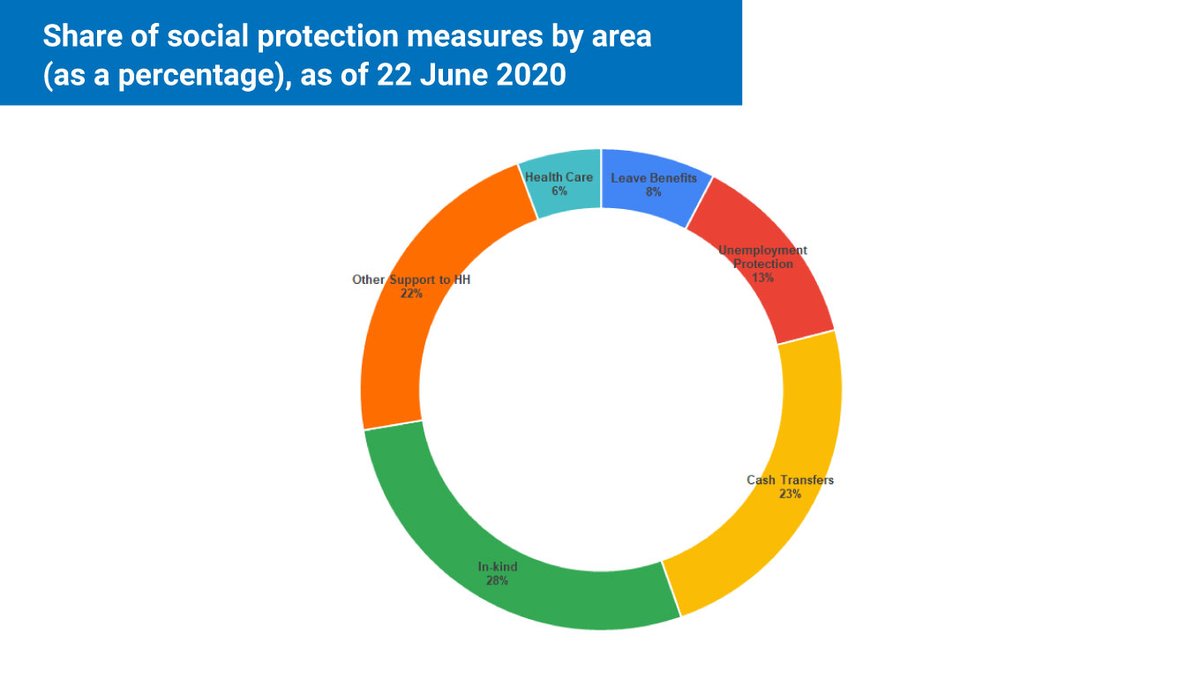
5/ While some countries expanded existing CTs, others introduced new temporary schemes. CTs are particularly important for informal and #DailyWorkers who were severely impacted by the loss of jobs. See #Jordan (bit.ly/3kTfJzC) and #Morocco (bit.ly/2Cy6V0D). 

6/ @WFP, @UNRWA, @unhcr and @UNICEFmena play a vital role in providing assistance to refugees and IDPs through #humanitarian CTs. See also uni.cf/2CAtulx, by @UNICEFJordan, and the following Guidance Note by the #CWG Iraq: bit.ly/2PZF4cP.
7/ #ForeignWorkers are often disproportionately affected by job losses, putting them at risk of falling into irregular status. In addition to providing basic #SocialAssistance services, some Gulf States exempted these workers from the payment of overstay penalties.
8/ Regarding formal workers, countries such as Jordan (bit.ly/3kRZLWu) and Tunisia (bit.ly/3h5gLWZ) chose to support the payment of #wages for those whose employers had suspended or reduced labor activities due to #lockdown.
9/ Many countries implemented design tweaks to #SocialProtection programmes to adapt to the #pandemic, using e.g. online platforms or SMS for registration, and converting school meals into cash, as also done in other regions. See bit.ly/348BbKQ.
10/ As the duration of #TemporaryAssistance comes to an end, it is important to follow how governments will use their COVID-19 #SPresponses to better prepare for future shocks. For instance, Morocco has decided to speed up the development of the #SPsystem: bit.ly/346da7c
11/ We would like to thank the IBC-SP group as well as @Jopehope, @fsatolucas and @Charlot73003022 for their contributions. Check the following note for further information: bit.ly/30ZNfML 

• • •
Missing some Tweet in this thread? You can try to
force a refresh



